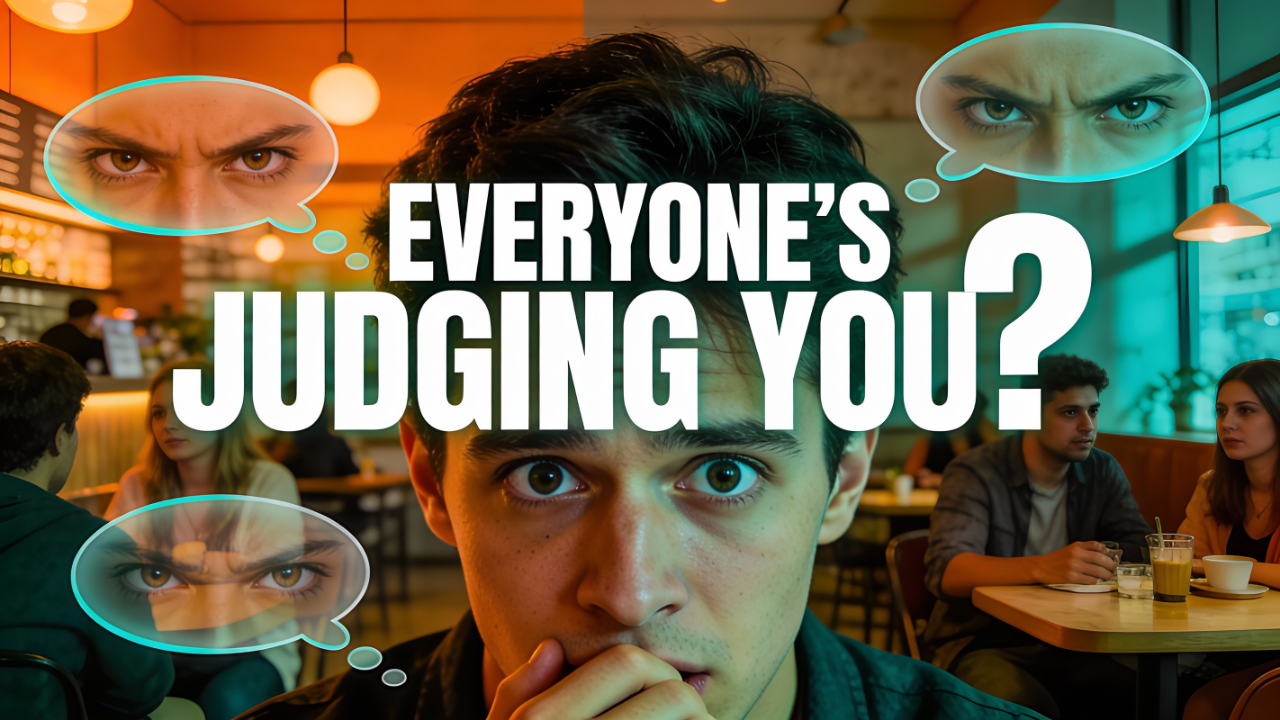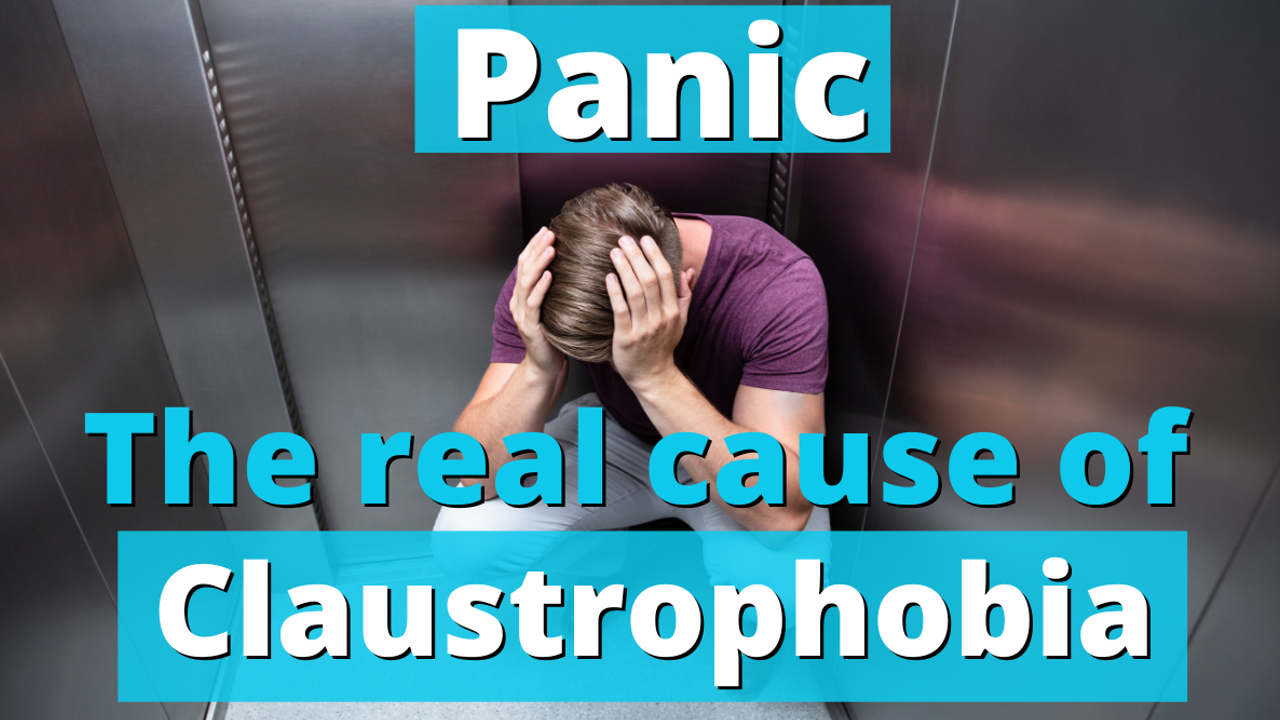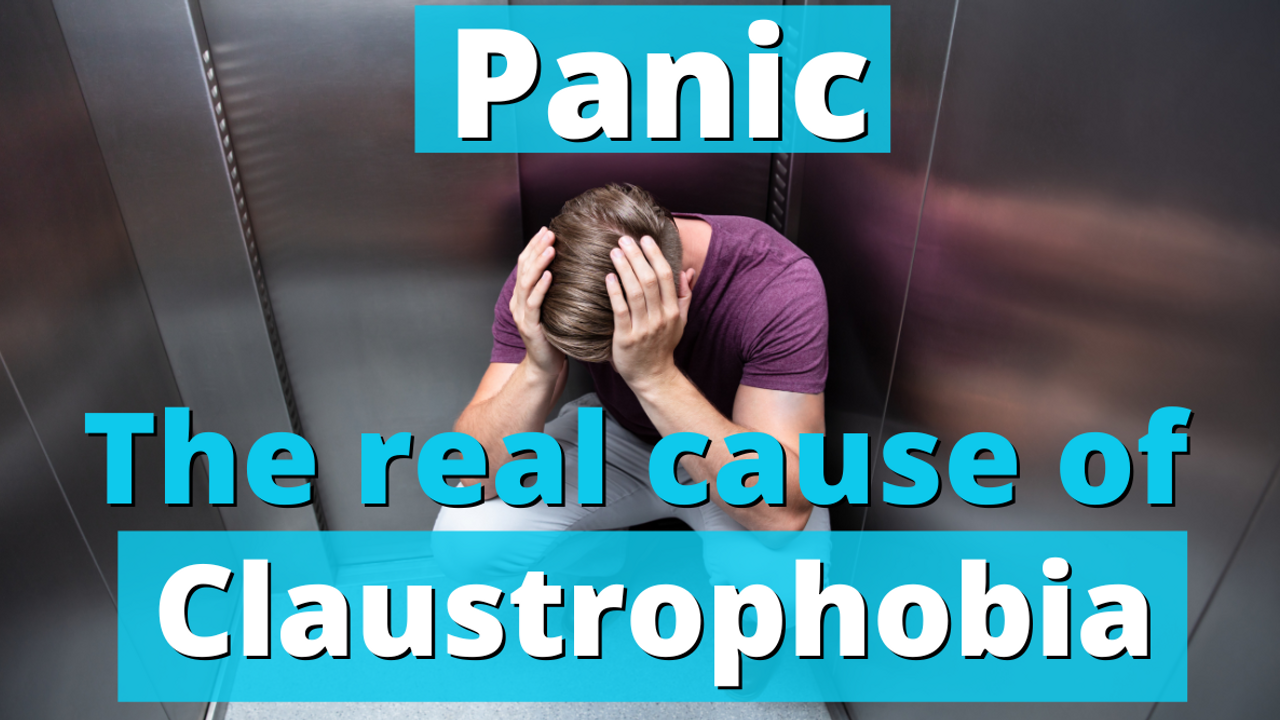Blog
Why Social Anxiety Makes You Think Everyone's Judging You (They're Not)

Have you ever walked into a room and immediately felt like everyone turned to look at you? Or said something in a conversation and then spent the next three hours replaying it, convinced you sounded like an idiot?
Maybe you avoid speaking up in meetings because you're certain people will think your ideas are stupid. Or you cancel plans with friends because the thought of being in a social situation makes your heart race and your palms sweat.
If any of this sounds familiar, you're not alone.
Social anxiety affects about 12% of people at a clinical level at some point in their lives. That's roughly 1 in 10 people, and the number is much higher when you factor in sub-clinical struggles with this common anxiety. The core feature of social anxiety is this overwhelming belief that other people are watching you, evaluating you, and forming negative judgments about you.
But here's the thing. They're not.
And I don't mean that in a dismissive way. I mean your brain is running a threat-dete...
How to Manage and Overcome Emetophobia: A Comprehensive Guide
Understanding and managing emetophobia, the intense fear of vomiting, can be a challenging journey for many. However, with the right approach and strategies, overcoming this condition is entirely possible. Here’s a step-by-step guide on how to tackle emetophobia effectively.
How to Understand Emetophobia:
Emetophobia entails not just a fear of vomiting oneself, but also the fear of being around others who might be nauseous or vomit. Recognizing the broad range of situations that can trigger this anxiety is the first step towards managing it. By understanding that emetophobia can lead to avoidance behaviours, individuals can begin to identify their specific triggers and work towards addressing them.
How to Acknowledge the Causes of Emetophobia:
Identifying the psychological and physiological factors that contribute to emetophobia is crucial. The fear often stems from a fear of losing control, discomfort, and potential public embarrassment. Understanding these underlying causes...
Agoraphobia and Panic Attacks (What Causes Agoraphobia?)
Today's focus is on Agoraphobia – an anxiety disorder quite similar to Claustrophobia. In that, the cause is generally due to panic, or a fear of fear.
If you’d prefer to listen or watch me talk, so you can go about your day, click here:
This is a condition, where you begin to fear situations where escape might be difficult, or that help might not be available in the case of a panic attack. And, if the condition becomes more severe, this looks like having trouble leaving your home due to the fear that doing so may cause you to panic.
It’s estimated that more than a third of people with agoraphobia have trouble leaving their home and are unable to study or work as a result. Hence, why Agoraphobia’s translation from Greek is “fear of the marketplace”, the general out-and-about are where you buy what you need and work to earn money, which becomes so tricky with Agoraphobia.
Let's delve into the intricacies of this often debilitating condition
Agoraphobia is most noticeable by it...
From Awkward to Empowering: Mastering Mental Health Conversations with Ease

In today's fast-paced world, it's essential to address the often-neglected topic of how to approach mental health conversations. Prepare to level up your communication skills and engage in those tough talks like a true champion!
Imagine this scenario: you notice a friend or acquaintance who seems off. They're not their usual self, and concern starts to gnaw at you. Well, it's time to step up and reach out because discussing mental health is a game-changer. Remember, it's better to express our thoughts and emotions than to keep them bottled up!
Creating the Right Environment:
Before diving into the conversation, let's set the stage for success. Picture a calm, neutral environment where both parties feel comfortable. Avoid choosing inappropriate settings like work events or wild parties. Instead, opt for a relaxed atmosphere where you can openly communicate. Normalizing these discussions is key!
Being Fully Present:
To have a truly impactful conversation, you must be fully present. ...
Unveiling the Hidden Powers of Highly Sensitive People: Harnessing Sensitivity for Empathy, Creativity, and Success
HSP stands for Highly Sensitive Person, and it represents a unique way of perceiving the world that 15-20% of people experience. While HSPs may be more easily overwhelmed by external stimuli, such as loud noises, bright lights, and strong smells, they also possess remarkable qualities that set them apart. In this article, we delve into the hidden powers of HSPs, exploring their innate empathy, creative prowess, and the ways in which sensitivity can be transformed into a source of personal and professional success.
The Art of Sensing: Unveiling the Remarkable Awareness of HSPs
Highly Sensitive People possess a heightened sensitivity to the subtleties of the world around them, granting them a remarkable awareness that sets them apart. While others may overlook the delicate nuances that color everyday life, HSPs possess an innate ability to notice and appreciate the details that often go unnoticed. This keen observation allows them to embark on a sensory journey, perceiving the world in...
Ways to Cope with Anxiety at Work

Are you constantly feeling anxious at work? Do you find yourself struggling to focus or complete tasks because of your anxiety?
You're not alone.
Anxiety is a common problem that affects millions of people in the workplace. But the good news is that there are several effective ways to cope with anxiety at work.
In this post, we'll explore some of the most effective techniques to help you manage your anxiety and perform at your best.
-
Identify Your Triggers
The first step in coping with anxiety at work is to identify your triggers. These are situations or events that tend to trigger your anxiety.
For some people, it may be public speaking, for others it may be a high-pressure deadline.
Once you've identified your triggers, you can start to develop strategies to manage them.
This may involve taking breaks, practicing techniques that reduce anxiety, or seeking support from colleagues or a mental health professional.
-
Stay Present
Staying focused on the present mome...
EMDR VS EFT comparison

Hey there, it’s Michael Burrows, and I’m excited to talk to you about two powerful therapeutic approaches: Eye Movement Desensitization and Reprocessing (EMDR) and Emotional Freedom Techniques (EFT).
Both of these therapies aim to help people overcome trauma, anxiety, and other psychological issues, but they use different approaches to achieve this goal.
Let's dive in and take a closer look at both of these therapies.
What is EMDR?
EMDR is a therapy that was developed in the late 1980s by psychologist Francine Shapiro. EMDR aims to help people reprocess traumatic memories by using rapid eye movements, similar to those that occur during rapid eye movement (REM) sleep.
During an EMDR session, the client recalls a traumatic memory while the therapist guides them through a specific pattern of eye movements. The theory behind this technique is that the eye movements help the brain process the traumatic memory and shift negative emotions related to the event.
EMDR has been shown to be ...
The Cause of Claustrophobia

Welcome, my friends, to my latest blog post, where we’ll dive deep into the subject of Claustrophobia, a fear of confined or crowded spaces, and how it links to panic attacks.
Many people don't realize that claustrophobia is one of the more impairing and disruptive phobias due to crowds and tight spaces, like elevators and public transport, being a common occurrence in our modern day-to-day lives. In fact, about 2.2% of the total population experiences claustrophobia, and it’s more common among women than men.
The intensity of claustrophobia can vary from person to person, but for some, even the thought of being in a confined space can be enough to make you squirm. Some common triggers of claustrophobia include elevators, public transport, markets, and shopping malls, small cafes, airplanes, and rooms with sealed or closed windows, just to name a few.
Symptoms of Claustrophobia
Now, let's talk about the effects of claustrophobia.
Some people may only experience mild anxiety in the...
What causes a fear of cats? (Ailurophobia)

What causes a fear of cats, or Ailuro-phobia?
Some people are not cat people, or may dislike cats.
If you’ve ever been scratched or bitten by a cat, you may be quite wary of them.
In either of these cases, you’re not going to go out of your way to spend time with them, but you’re also not going to spend a lot of time worrying about them.
Phobias are a lot stronger than dislike.
And today we are talking about Ailurophobia, Felinophobia, Elurophobia,
Gatophobia, Galeophobia or just straight, Cat Phobia.
Ailuro originates from the Greek word for cat.
Feline from Latin
And Gato from Spanish.
Lots of ways to say, “cats really freak me out!”
With ailurophobia you might spend a lot of time worrying about encountering cats and thinking about ways to avoid them.
This can be pretty disruptive to daily life, especially as cats are a very popular pet.
Speaking of, this fear is usually about domesticated cats rather than large predatory cats.

You may experience anxiety or even pa...
Panic - The Real Cause of Claustrophobia

Claustrophobia – a fear of confined or crowded spaces - has a little known connection to Panic Attacks.
Keep reading to find out more about the causes of Claustrophobia and how it links to panic.
The intensity of Claustrophobia can vary from one person to another.
It can cause severe anxiety and panic attacks.
And for some who struggle with claustrophobia, even the thought of being in a confined space may be enough to make you squirm.
In terms of numbers – about 2.2% of the total population experience claustrophobia. And it is more common among women than men.
It generally starts for people around 20 years old.
And most people don’t get any support for it (their entire lives), despite the fact that it’s one of the more impairing and disruptive phobias due to crowds and tight spaces (like elevators) being a common occurrence in our modern day-to-day lives.
Common Triggers
In fact, here are some of the common triggers of claustrophobia that will cause a spike in anxiety. Thin...


